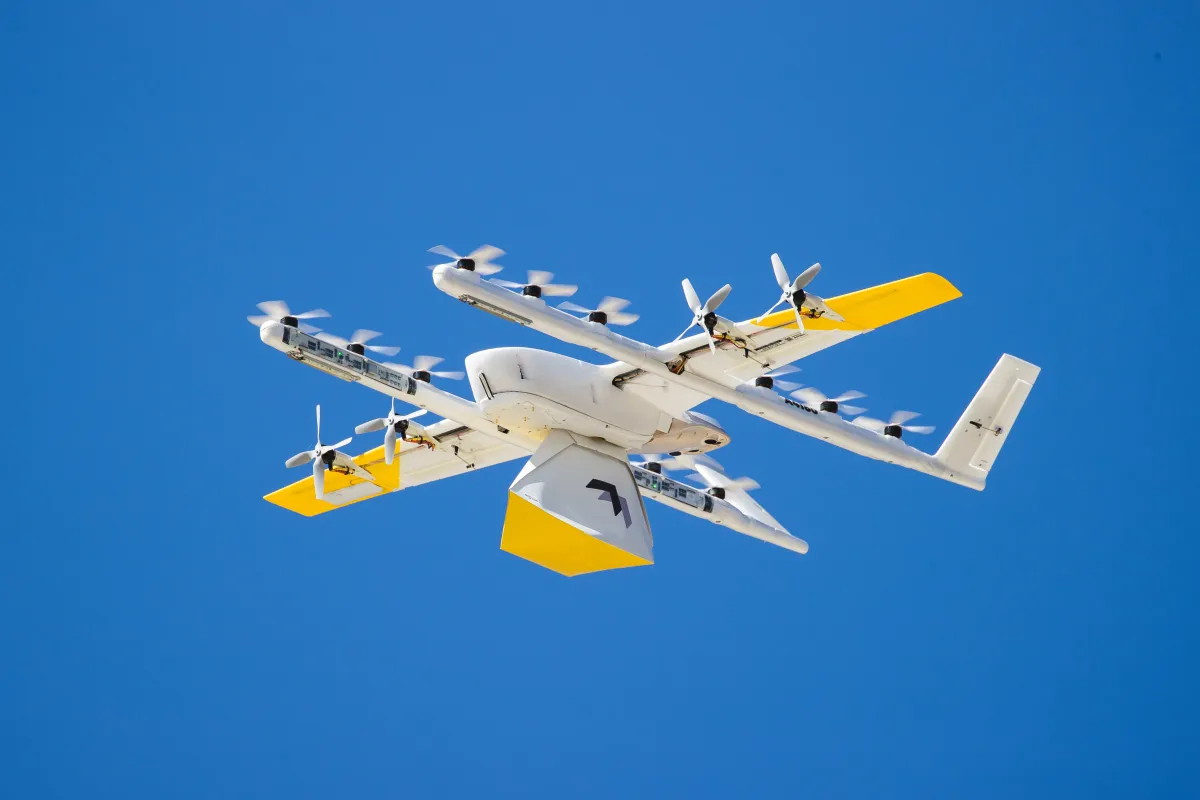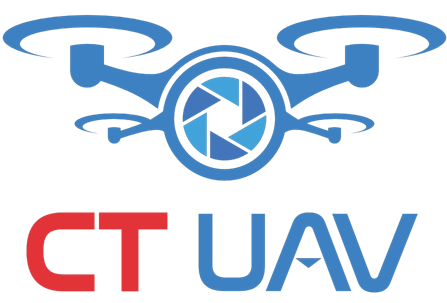Residents of London are about to witness a revolutionary advancement in healthcare, as drones are officially introduced to transport blood between hospitals. This initiative not only significantly enhances the speed and efficiency of medical supply chains but also pioneers a new pathway for leveraging advanced technology in healthcare delivery.
The six-month pilot program is a collaborative effort between Apian, a UK-based tech startup; Wing, a subsidiary of Alphabet; and the National Health Service (NHS). The project focuses on the urgent transport of blood for high-risk surgical patients at two major London hospitals: Guy’s Hospital and St Thomas’ Hospital. With drone assistance, delivery times—which previously exceeded 30 minutes using motorcycles or vans—can now be reduced to under two minutes.
The initiative is being meticulously supervised by the Civil Aviation Authority (CAA) to ensure strict adherence to safety regulations and airspace management protocols.

If the pilot proves successful, it is expected to scale up to blood transport services across other hospitals in London, laying the groundwork for comprehensive development in medical logistics. The NHS is also planning further trials involving platelet transport via drones, with the aim of continuing to optimize operational efficiency and exploring broader applications of this technology.
Previous NHS trials in other parts of the UK have demonstrated no significant difference in blood quality when transported via drones compared to traditional methods such as vans or motorcycles. Notably, the project is also anticipated to yield substantial environmental benefits by minimizing CO2 emissions, as it eliminates the need for fossil fuel or electric-powered vehicles.
Apian and Wing are no strangers to the medical logistics sector. The two organizations previously collaborated on a successful drone delivery service for blood transport in Dublin, Ireland, and Apian has conducted numerous trials in rural regions across the UK.
Dr. Hammad Jeilani, co-founder of Apian, passionately articulated the vision behind the project: “Drones can enhance the flexibility and resilience of medical supply chains, enabling doctors and nurses to focus more on patient care. The NHS’s drone delivery network, starting with this pilot program, will provide automated, on-demand, and sustainable logistics solutions. This marks a significant milestone in streamlining workflows and improving the quality of healthcare services.”
Dr. Jeilani’s inspiring journey adds a personal dimension to his efforts. Having come from a refugee family that fled Afghanistan, he harbors a profound ambition to contribute meaningfully to society through technological innovation. As he poignantly stated: “No one in the world wants to see drones used in a more meaningful way than I do.”
Backed by prominent investors such as LocalGlobe and KHP Ventures—the NHS’s investment arm—Apian successfully raised £5 million during its seed funding round in 2022. This achievement has established a robust foundation for the startup to continue leading advancements in medical logistics, fostering a future where technology becomes an indispensable ally in strengthening global healthcare systems.
Cre: techcrunch.com
